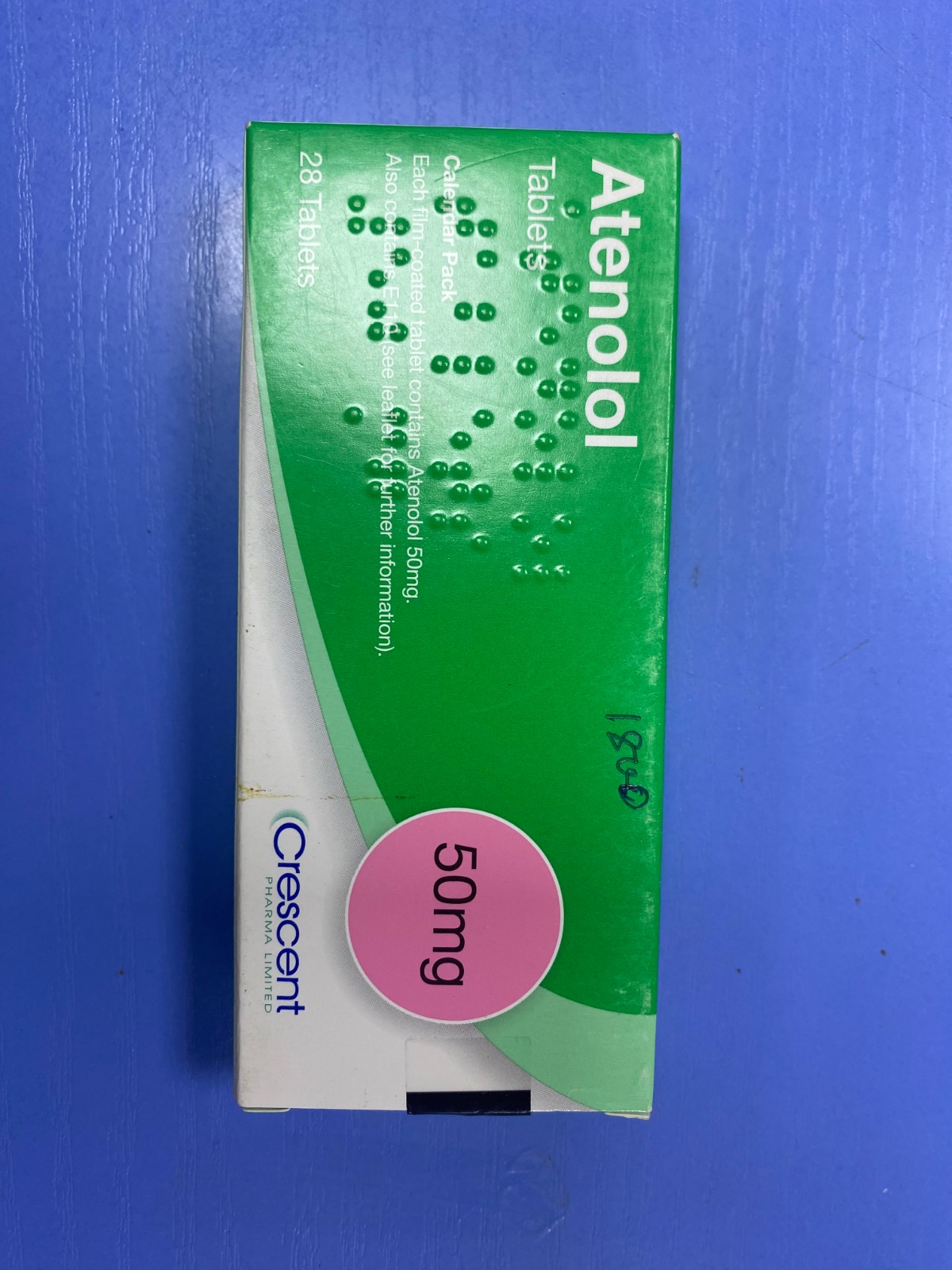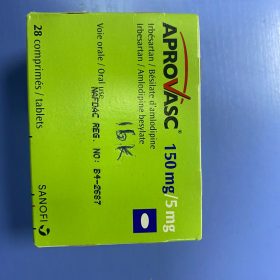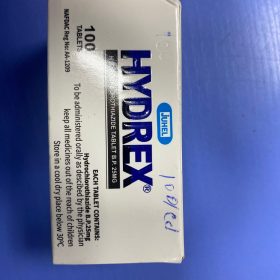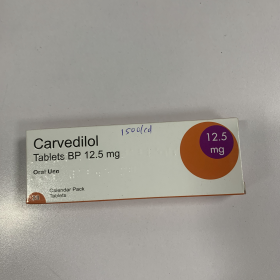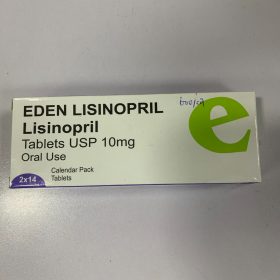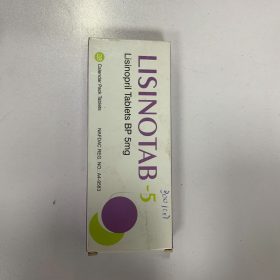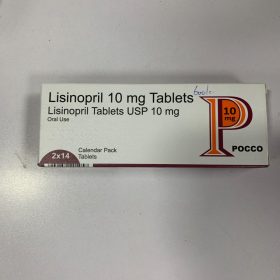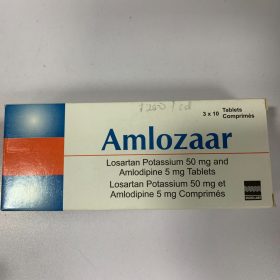- Your cart is empty
- Continue Shopping

Product
Atenolol is a medication that belongs to a class of drugs known as beta-blockers. It is commonly used to treat various cardiovascular conditions, primarily for the management of high blood pressure (hypertension) and certain heart-related conditions. Here’s some information about Atenolol tablets:
Key Information:
- Class: Atenolol is a beta-blocker, which means it works by blocking the effects of the hormone adrenaline on the heart and blood vessels. This, in turn, can reduce blood pressure and heart rate.
- Common Uses:
- Hypertension: Atenolol is often prescribed to manage high blood pressure. By reducing the heart rate and the force of heart contractions, it helps to lower blood pressure, which can reduce the risk of heart-related complications.
- Heart Conditions: It may also be used to manage various heart conditions, such as angina (chest pain), irregular heart rhythms (arrhythmias), and the prevention of future heart attacks in individuals who have had a heart attack.
Directions for Use:
- Atenolol tablets should be taken exactly as prescribed by a healthcare professional.
- The dosage and frequency of administration will depend on the specific condition being treated and the individual patient’s needs.
- It can be taken with or without food, but it’s important to maintain a consistent schedule.
Precautions:
- It’s essential to take Atenolol as prescribed, even if you are feeling well. Abruptly stopping the medication can lead to adverse effects, and it should be done under the guidance of a healthcare provider if necessary.
- Do not change the dosage or stop taking Atenolol without consulting your healthcare provider.
- If you experience any unusual or severe side effects while taking Atenolol, such as dizziness, shortness of breath, or irregular heartbeats, contact your healthcare provider.
- Atenolol should not be used during pregnancy unless the potential benefits outweigh the risks. It can pass into breast milk, so it’s important to discuss its use with a healthcare provider if you are breastfeeding.
- It’s important to inform your healthcare provider of any other medications or supplements you are taking, as some interactions may occur with Atenolol.
- Atenolol should not be used in individuals with certain medical conditions, and its use should be closely monitored in individuals with diabetes and respiratory conditions, among others.
- Like all medications, Atenolol may have potential side effects, and it’s crucial for patients to be aware of these and discuss them with their healthcare provider.
Please note that Atenolol should be used under the guidance and supervision of a healthcare professional, and any questions or concerns about its use should be directed to a healthcare provider. It’s important to follow the prescribed dosage and treatment plan for optimal results.

